Eight women photographers from The Everyday Projects discuss their group project published in National Geographic about the impact of migration on women worldwide, touching on themes such as working in collaboration, photographing your own community, and uncovering the nuance of issues often stereotyped in the media.
Presenters: Amrita Chandradas Danielle Villasana Ksenia Kuleshova Miora Rajaonary Mridula Amin Nichole Sobecki Saiyna Bashir Thana Faroq
Moderators: Jennifer Pritheeva Samuel
Location: Online
Photoville Festival 2021 Sessions On-demand recordings are made possible thanks to our partner, PhotoWings.
With National Geographic photo editor Jennifer Samuel as moderator, eight women photographers from The Everyday Projects discuss their group project published in National Geographic Magazine about the impact of migration on women worldwide. In a dynamic discussion, Amrita Chandradas, Danielle Villasana, Ksenia Kuleshova, Miora Rajaonary, Mridula Amin, Nichole Sobecki, Saiyna Bashir, and Thana Faroq touch on themes such as working in collaboration, photographing your own community, and uncovering the nuance of issues often stereotyped in the media. From Singapore and Honduras to South Africa and Yemen, our stories spanning nearly 15 communities around the globe show the massive scope of how social, economic, political, and climate issues among many others are pushing and pulling women from their homes.
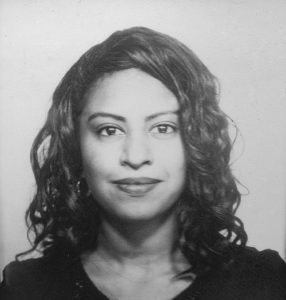
Amrita Chandradas is a Singaporean documentary photographer based in Southeast Asia whose work primarily focuses on identity, environment, human rights, and social issues.
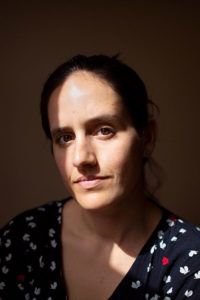
Danielle Villasana is a photojournalist based in Istanbul whose documentary work focuses on human rights, gender, displacement, and health around the world. She’s a National Geographic Explorer, a Women Photograph grantee, a Magnum Foundation awardee, and an International Women’s Media Foundation fellow.
Danielle strongly believes in pairing photography with education and community. She’s co-founder of We, Women, an Authority Collective board member on The Everyday Projects’ Community Team, and a Photo Bill of Rights co-author. She’s also a member of Women Photograph and Ayün Fotógrafas.
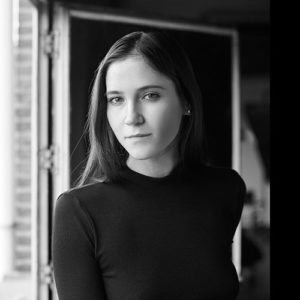
Ksenia Kuleshova is a documentary photographer based in Germany, Belgium, and her native Russia where she’s currently working on a long-term project about the LGBTQ+ community.
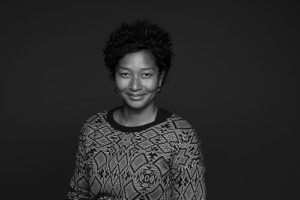
Born and raised in Madagascar, Miora Rajaonary is a photographic artist currently working and living between Mauritius and her native island. Having simultaneously become a mother and photographer, she credits her son and motherhood as her main sources of inspiration. Using photography to examine herself and the world, she strives to find answers to a wide range of questions from her own identity and cultural heritage to humans’ future on the planet.
Rajaonary is a Magnum Foundation Fellow, one of four winners of the inaugural Getty Images + Array Grant, the winner of the Juror’s Choice of the 2019 edition of THE FENCE, and a First Prize recipient in the Addis Foto Fest 2018 Portfolio Review. Her work was exhibited at the U.N. Headquarters in New York, the PhotoVogue Festival in Milan, the Arles Off Festival, The Fence, MOCADA in Brooklyn, Pen&Brush, Fondation H, Stanford University, Addis Foto Fest, and the Alliance Française Network of Southern Africa.
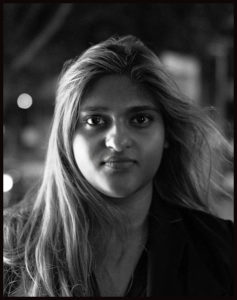
Mridula Amin is a Dhaka-born Australian photojournalist based in Sydney whose work focuses on exploring identity, migration, and social justice in the Asia-Pacific region.
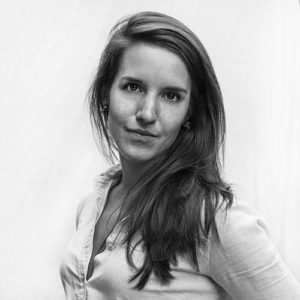
Nichole Sobecki is a photographer and filmmaker based in Nairobi, Kenya. Her work focuses on humanity’s fraught, intimate, and ultimately unbreakable connection to the natural world. In 2016, Sobecki began working in Somalia on Where Our Land Was, which investigates how conflict and climate change collide in an agonizing feedback loop that punishes some of the world’s most vulnerable people. As a National Geographic Explorer, she next looked into the critical role the Congo Basin plays in the ecological balance of our planet. Her current project, Natura, looks at the evolution of motherhood in this time of unprecedented ecological change. Sobecki’s work has been recognized by the Leica Oskar Barnack Award, the ASME Award, the Robert F. Kennedy Human Rights Award, and Pictures of the Year, among other honors, and has been exhibited internationally.
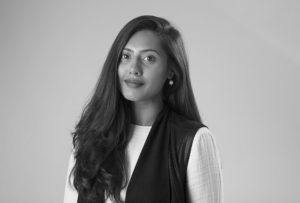
Saiyna Bashir is a Pakistani photojournalist currently based in Islamabad. The overarching themes of most of her long-term projects and publications include ethnic violence, healthcare, migration, climate change, and women from vulnerable communities.
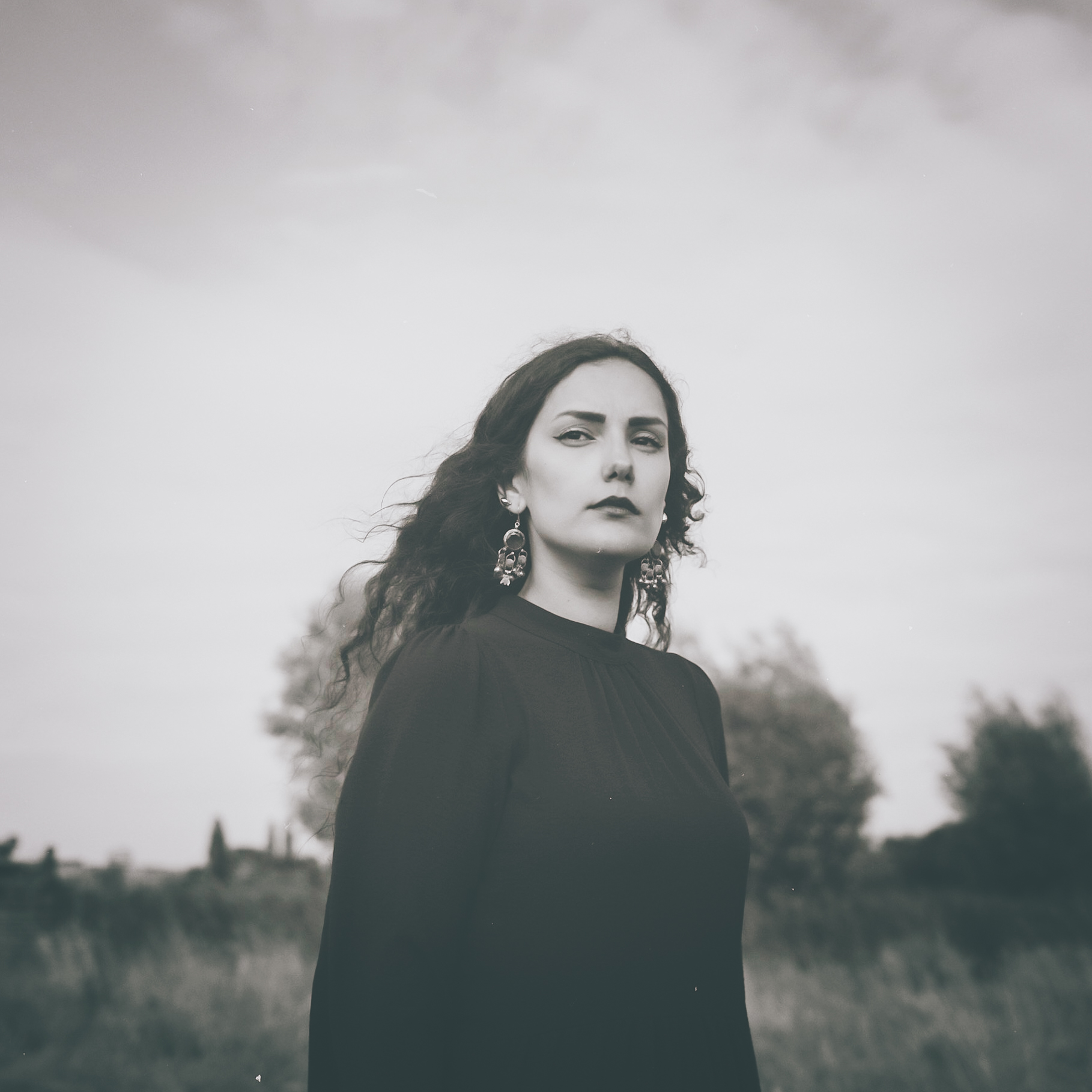
Thana Faroq is a Yemeni-born photographer, writer, and educator living in the Netherlands. Her multidisciplinary work, which combines photography, textual narratives, and moving images, explores the transformative experiences that have shaped her identity and sense of belonging in both Yemen and the Netherlands.
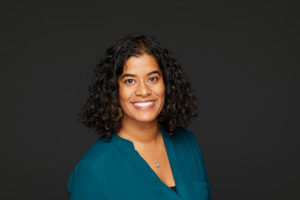
Jennifer Pritheeva Samuel is a photo editor at National Geographic, where she commissions and produces stories for the History and Culture desk. She edited many of the stories in the magazine’s 2019-2020 series highlighting women and the 2018 series on race and diversity. In 2019, Samuel received second place as POYI’s magazine media visual editor of the year. Prior to joining National Geographic, she oversaw public programming for Photoville and managed Anastasia Photo gallery and Hank Willis Thomas’ studio. She was a co-founder and curator of the Brooklyn Photo Salon.
After studying anthropology and photography at New York University, Jennifer was a Peace Corps volunteer on the Caribbean island of Dominica. She received her Master of International Affairs from Columbia University’s School of International & Public Affairs, with a focus on economic development and media. Brooklyn, NY will always be home but Jennifer currently resides in Washington, D.C.
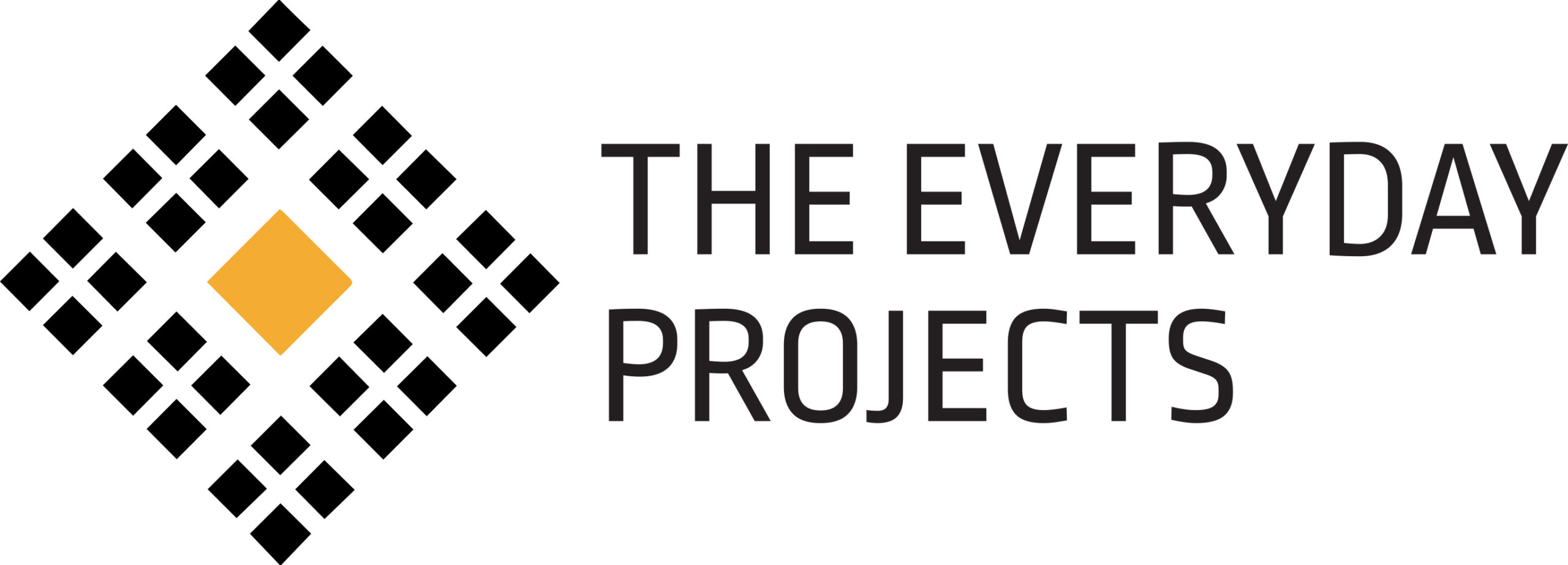
The Everyday Projects uses photography to challenge stereotypes that distort our understanding of the world. We are creating new generations of storytellers and audiences that recognize the need for multiple perspectives in portraying the cultures that define us. We began 10 years ago with Everyday Africa. Since then, we have become a global community of visual storytellers — documentary photographers, journalists, artists, and more. IG: @everydayeverywhere.